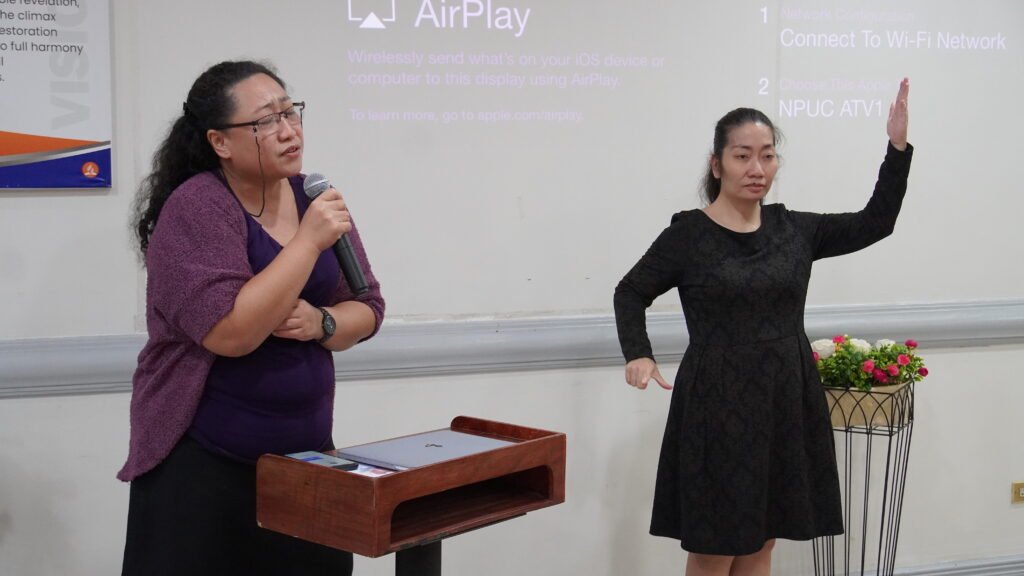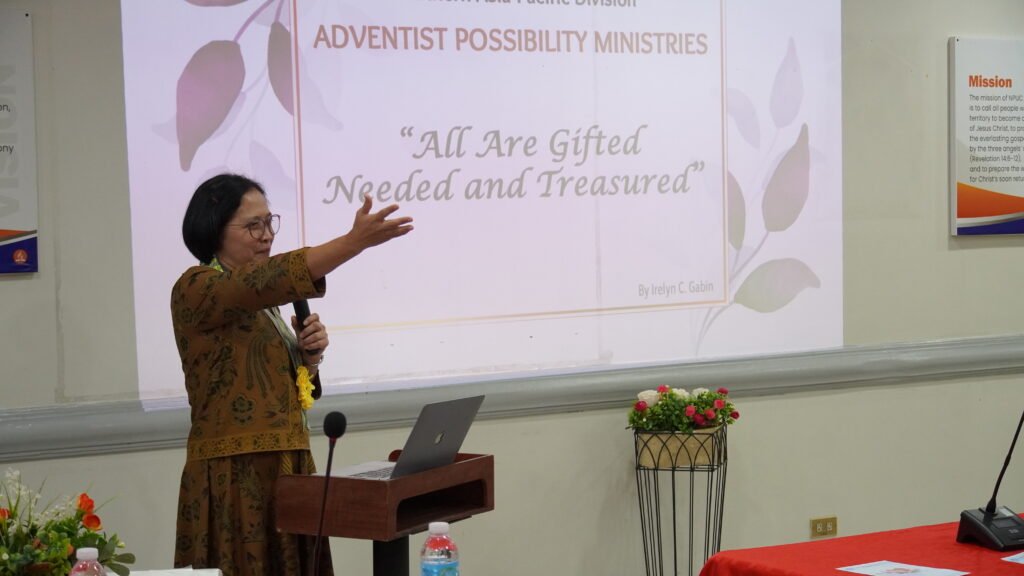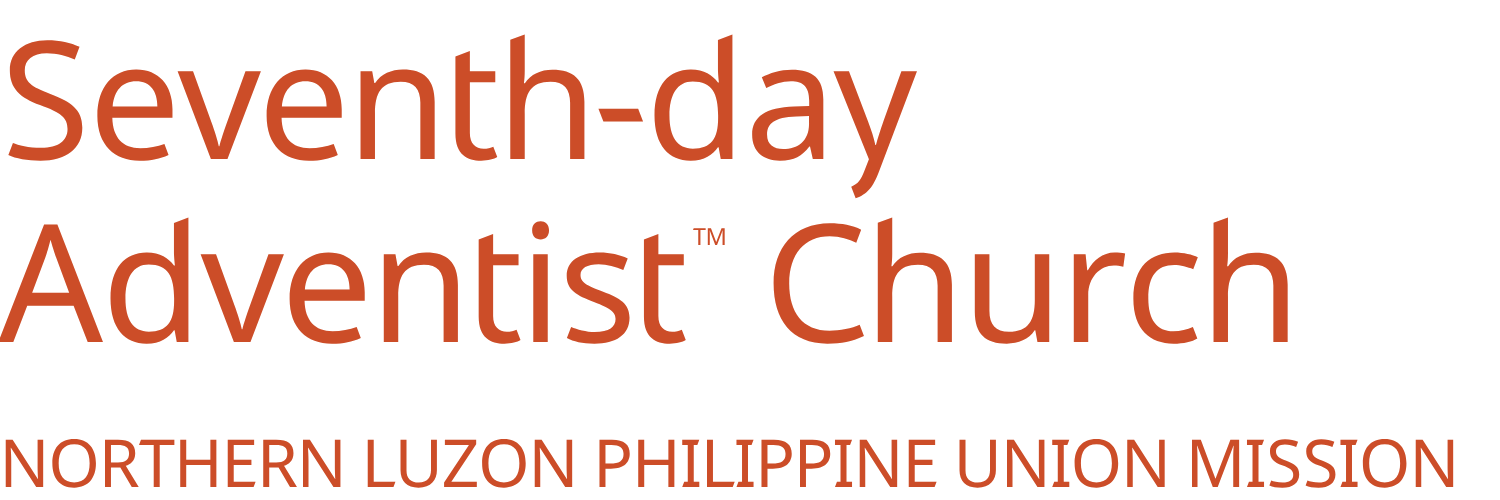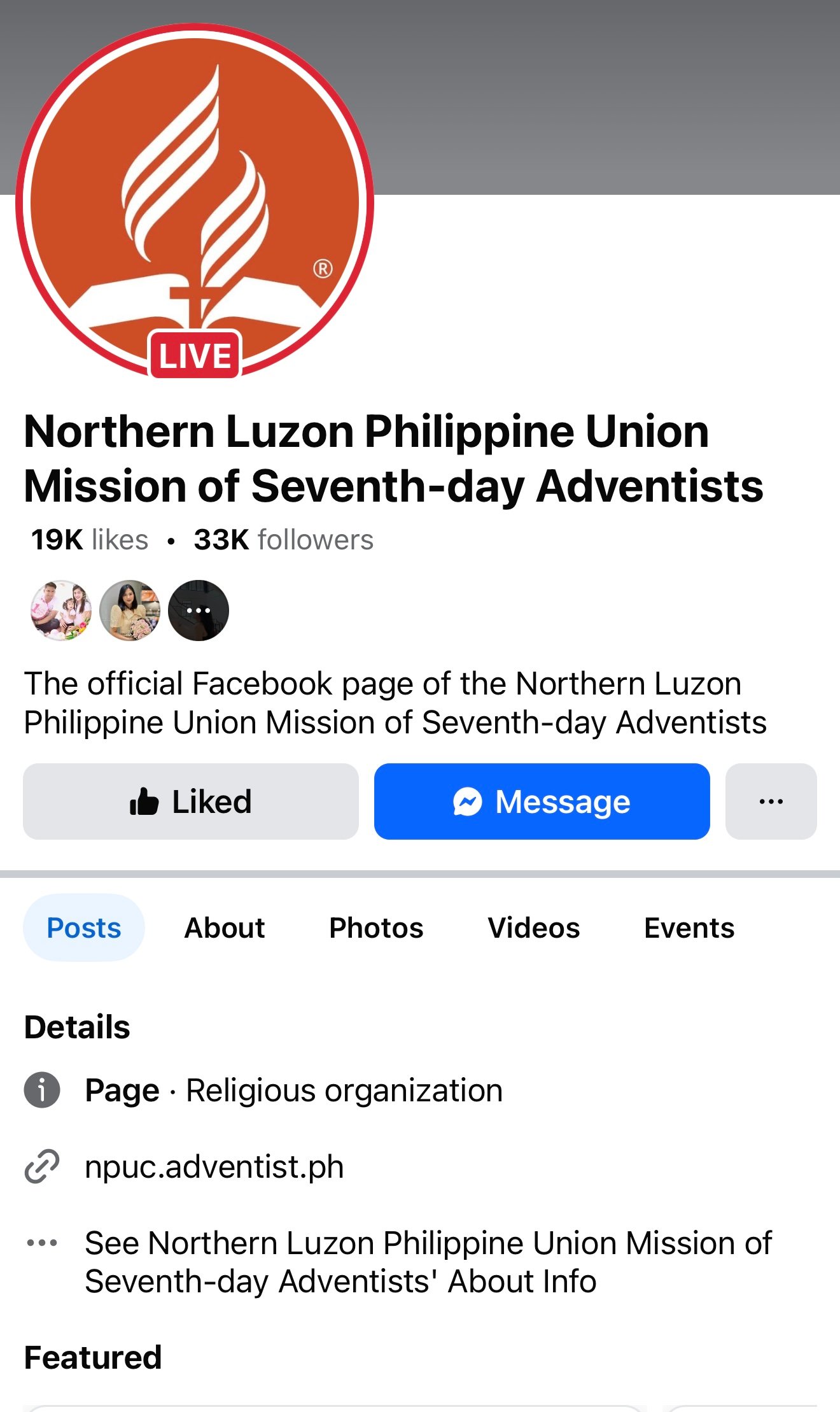An orientation on Adventist Possibility Ministries (APM) was recently conducted attended by representatives from various missions, conferences, and local churches within the North Philippine Union Conference (NPUC) territory. This initiative aims to revive and further advance the ministry for individuals with different abilities.
APM is a caring ministry dedicated to serving specific groups of people including the blind, deaf, mentally and emotionally challenged, physically challenged, orphans and vulnerable children, widowed, and caregivers. It is a ministry of the church that seeks to “bring wholeness to people who experience brokenness and to help rediscover their completeness in Christ.”

The importance and relevance of this ministry become even more evident in light of statistics showing that 70% of the world’s disabled population resides in Asia and the Pacific. In the Philippines alone, 1.44 million individuals, or 1.6% of the population are persons with disabilities (PWD). This shows the need to educate the church on how to reach out to these groups and involve church members with special needs in the ministry. Ellen White noted, “I saw that it is in the providence of God that widows and orphans, the blind, the deaf, the lame, and persons afflicted in a variety of ways, have been placed in close Christian relationship to His church; it is to prove His people and develop their true character.”

Dr. Irelyn Gabin, the appointed APM coordinator for the Southern Asia-Pacific Division, led the orientation. In her presentation, she began by emphasizing Jesus as the ultimate model of caring for people, “The poor were relieved, the sick cared for, the sorrowing and bereaved comforted, the ignorant instructed, the inexperienced counseled.” Jesus was intentional in bringing life to hopeless people, people with disabilities, and people with special needs.
Dr. Gabin highlighted that “everyone can be whole, regardless of disabilities they have.” She encouraged churches to establish committees dedicated to possibility ministries to encourage and reach out to members with special needs, and equip congregations with skills necessary to effectively connect with them.
Introducing the 3-A Strategy—Awareness, Acceptance, and Action— Dr. Gabin presented it as a practical framework for conducting APM activities. She stressed the importance of building connections and fostering fellowship as vital steps in effectively serving individuals with special needs. “Often attention is given only to what a person cannot do or does not have rather than the possibilities that lie before her or him,” she said. APM advocates for the recognition of dignity and respect of every person and helps to make possible the discovery of unrealized abilities despite stigmas associated with a disability or loss.
The session concluded with participants being tasked to design sustainable programs that align with APM’s objectives. Delba de Chavez, reflecting on the session, expressed her optimism, saying, “The church is now aware and involved.”
North Philippine Union Conference

